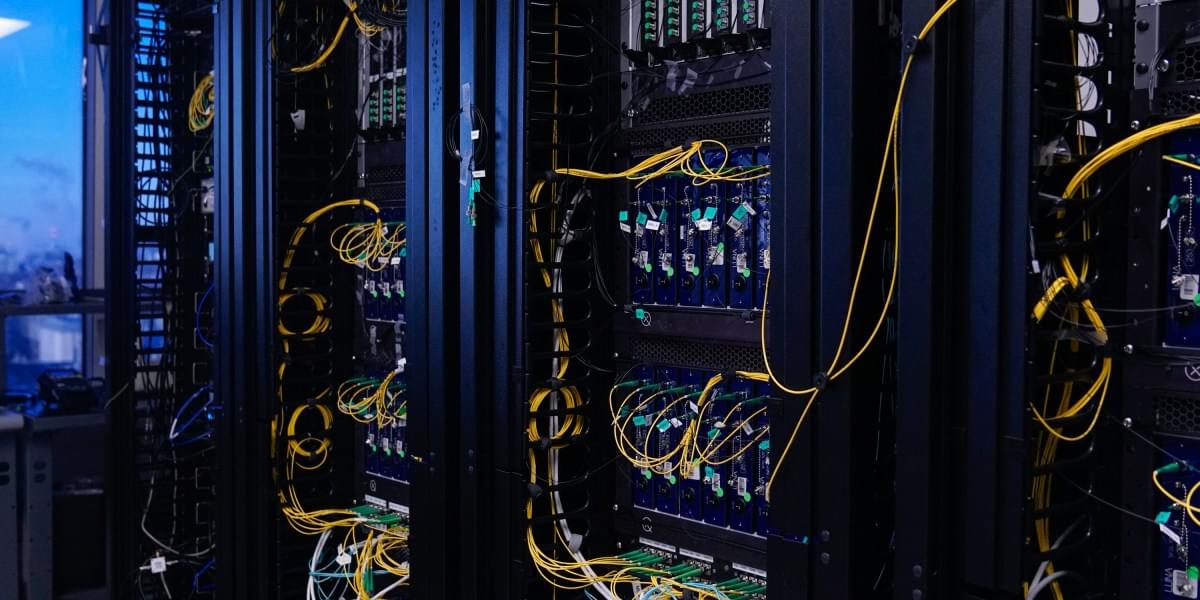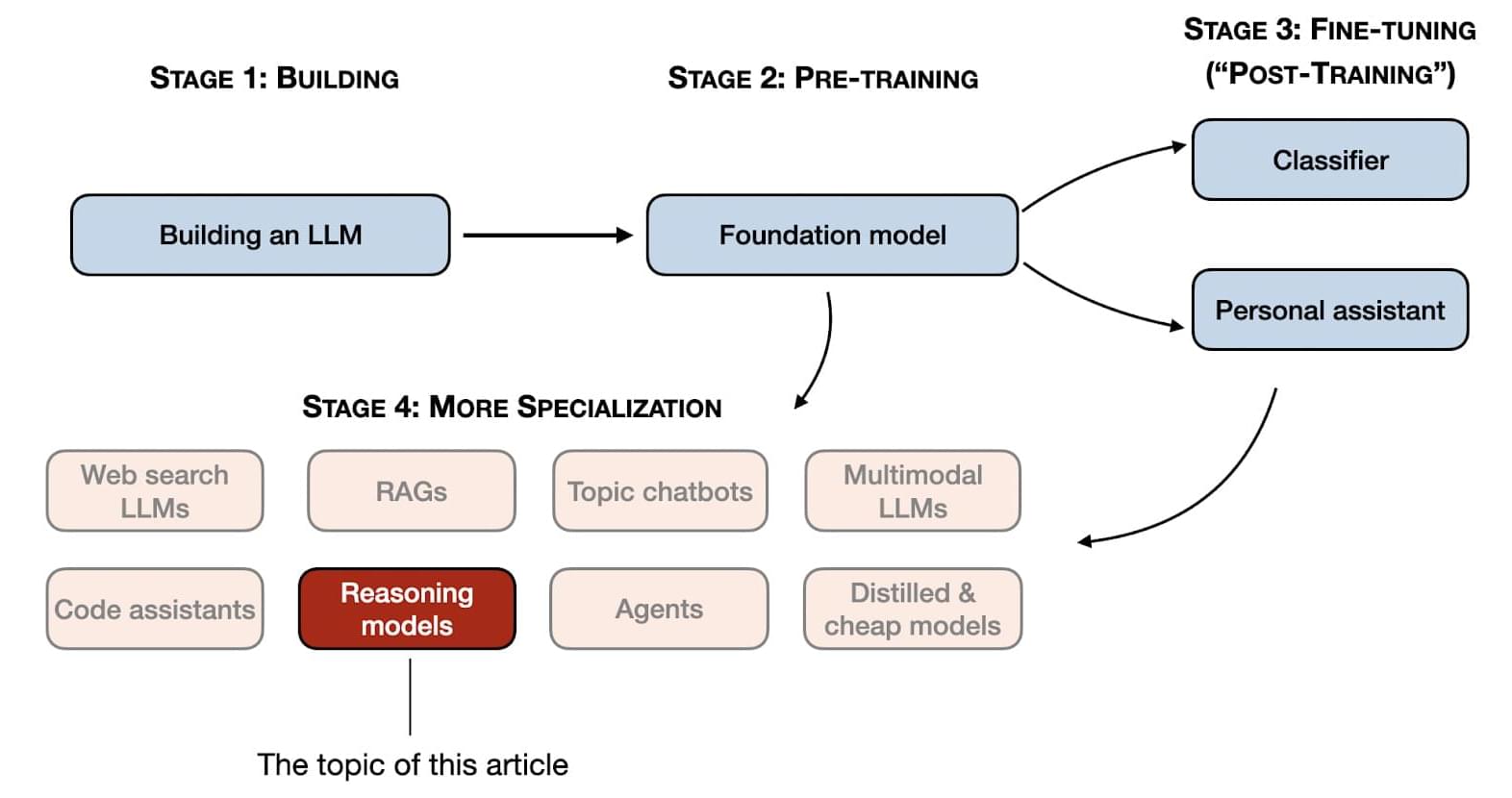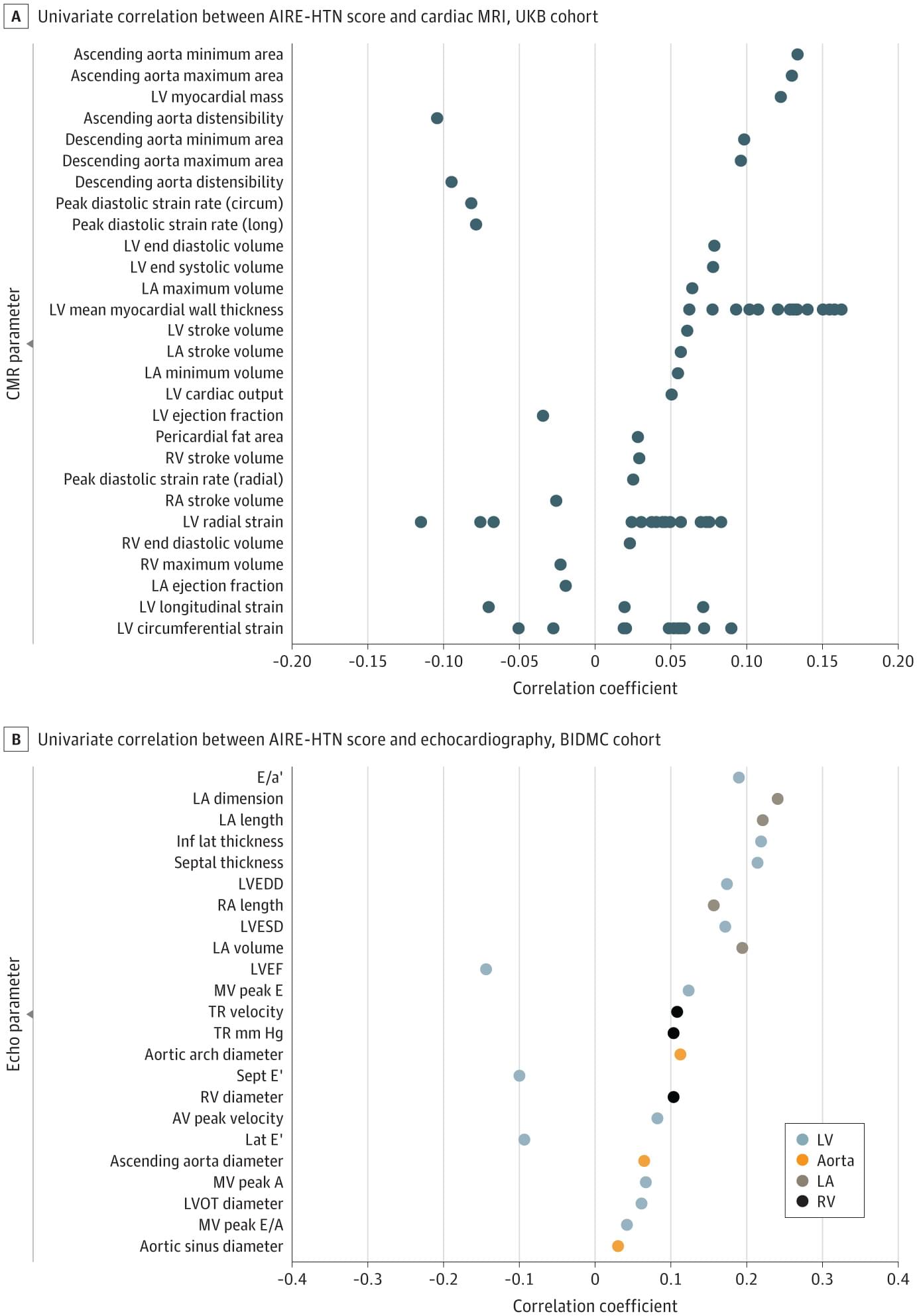A Canadian startup called Xanadu has built a new quantum computer it says can be easily scaled up to achieve the computational power needed to tackle scientific challenges ranging from drug discovery to more energy-efficient machine learning.
Aurora is a “photonic” quantum computer, which means it crunches numbers using photonic qubits—information encoded in light. In practice, this means combining and recombining laser beams on multiple chips using lenses, fibers, and other optics according to an algorithm. Xanadu’s computer is designed in such a way that the answer to an algorithm it executes corresponds to the final number of photons in each laser beam. This approach differs from one used by Google and IBM, which involves encoding information in properties of superconducting circuits.







